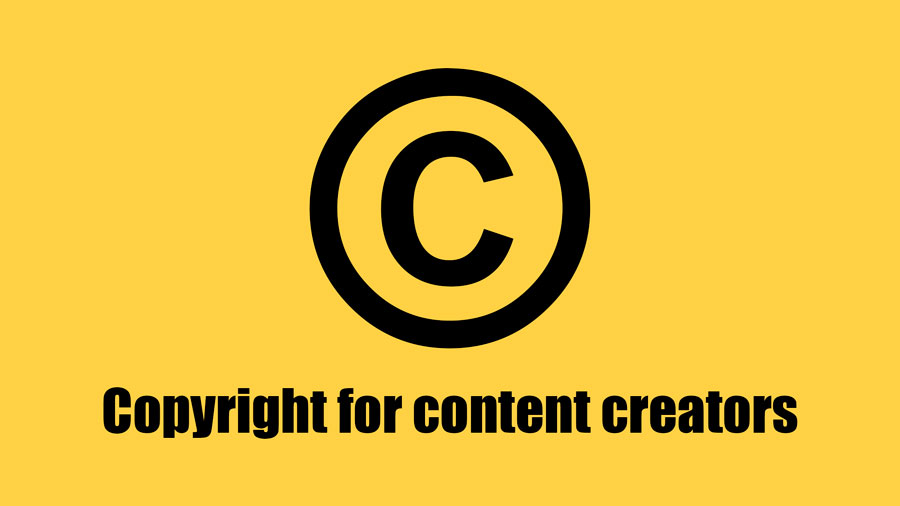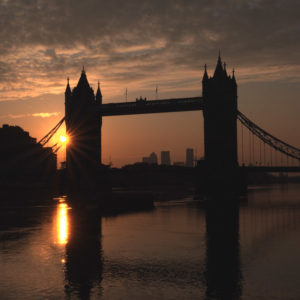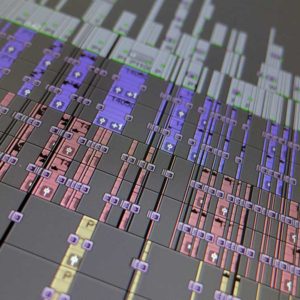
Content copyright
Working as a freelancer in video production, I’ve encountered many different scenarios related to copyright for content creators that have ultimately affected the projects’ copyright ownership.
In this blog article, I offer some perspectives on the copyright issues and contacts you may encounter in the UK.
Adhere to copyright laws and requirements to avoid being sued, having content removed, or channels taken down.
Media ownership
As an overview, when you have filmed or recorded something, you own the copyright to that footage. This is true of all media, including photography, filming, and audio recording. If actors, musicians, performers, or other talent are involved, additional copyright issues may apply to that content.
Contract based commissions
When working for a larger organisation, corporate, production company, or TV channel, you will usually be asked to sign a contract before starting the project. Contracts usually detail that everything created or recorded is the property of the relevant organisation or company.
Subject to an NDA
Your client might request you to sign an NDA, which is a non-disclosure agreement. You may be asked to sign an NDA before any project details are revealed. Usually, an NDA gives your client the protection that you cannot share anything about the project or its media with anyone else. It then becomes your legal responsibility to ensure that you fully comply with the terms laid out in that NDA.
No formal agreement
When working for small businesses and individuals, you may not have a formal written agreement or contract. Understanding and agreeing to any commission or brief might occur via email, messaging, or phone. Acting honestly, considerately and in good faith toward your clients is the best approach and will serve you well.
Music licencing
Commercial copyrighted music is the most copyright-protected and actively enforced media content.
Video hosting sites like Vimeo and YouTube and social media like Facebook ‘listen’ to all their audio. Users get notified when copyright-protected commercial music is publicly hosted on their sites. The onus will then be on you to prove you have suitable permission to use it.
The C (C in a circle) and the P (P in a circle) denote different parts of the copyright ownership for commercial copyrighted music. Both will need to be licensed before use. PRS licences commercial music in the UK, which is always very expensive.
Using production music
You can licence production music from sites like Pond 5 for any use. Google search for production music to find hundreds of suitable sites. This is much easier and more affordable than licensing via PRS.
Media file delivery
When a commission for a client is accepted, the files or deliverables will be delivered as agreed. This might be an edited version, a selection of the media, or all the files if it has been previously negotiated and quoted for.
If your client later requests a file delivery you have not quoted for, it would be reasonable to negotiate extra terms before that delivery if you think that is appropriate. This might be any extra payment, additional creator credits, or whatever you can negotiate and suits you best.
Showreel use
If you want to use some of your client’s content in a showreel, you may want to ask your client for permission. Your client may ask you not to share specific footage, perhaps even for a certain timeframe. They may also ask you what you want to use and how you want to use it before their approval.
If you have any questions about copyright for content creators, please get in touch.



